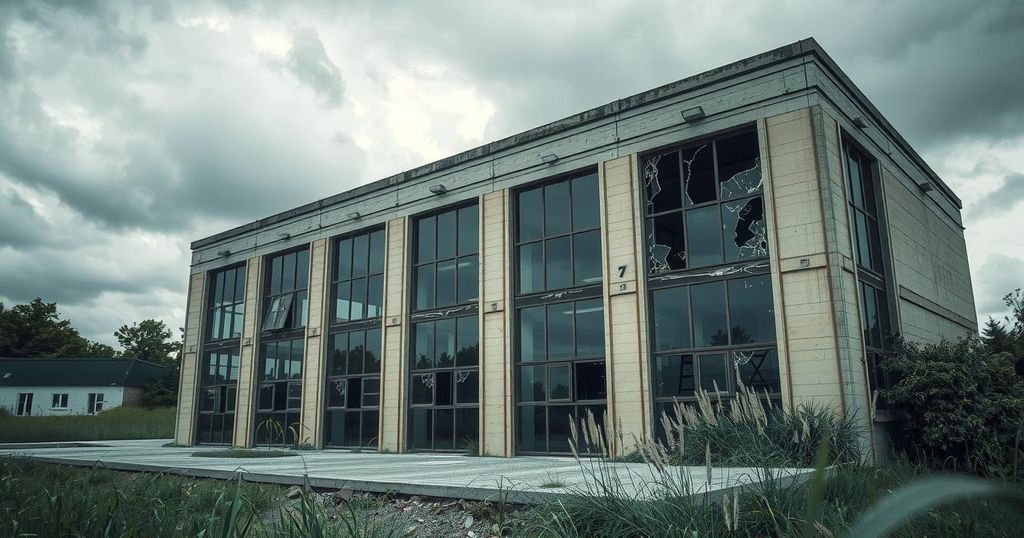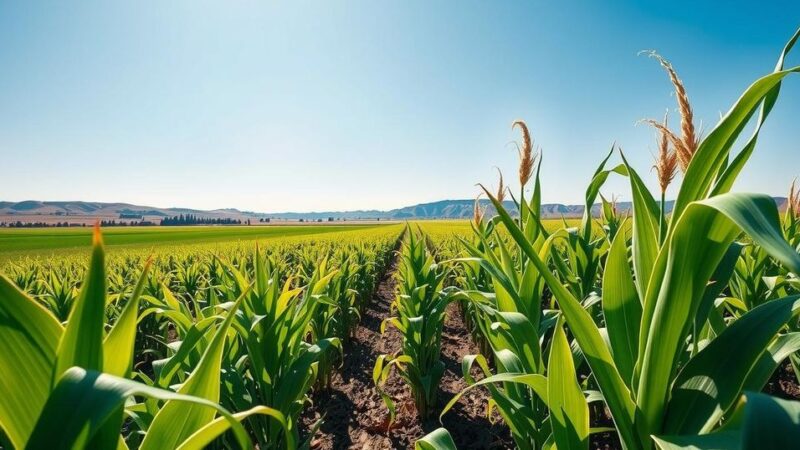Iran faces a severe economic crisis marked by soaring inflation and currency collapse, resulting in widespread poverty and public discontent. The reliance on cash subsidies has proven ineffective, and systemic corruption exacerbates the situation. Experts urge for structural reforms and economic policy overhaul to mitigate the crisis and prevent social unrest.
A warning published by the state-run Arman Meli on February 12 indicates that Iran is on the cusp of an unprecedented economic calamity. The nation experiences soaring inflation, a collapsing currency, and a population that is increasingly impoverished, stirring widespread discontent. Experts believe that the ongoing economic crisis is becoming unmanageable as wages stagnate and living costs escalate to intolerable levels.
Economic analyst Hamid Haji Esmaeili emphasized that relentless sanctions and economic pressures over the past two decades have steadily deteriorated the conditions of Iranian citizens. He noted that this decline not only hampers the national economy, but also exacerbates the situation through structural inefficiencies in resource distribution.
The Iranian rial has significantly depreciated, hitting approximately 100,000 per U.S. dollar. Inflation has drastically diminished the purchasing power of the populace, making it difficult for many lower-income Iranians to afford basic essentials. Government intervention, including cash handouts and rationed packages, has largely failed to alleviate these hardships.
Critiquing the government’s reliance on cash subsidies, Esmaeili remarked that these measures have not produced substantial results. He stated, “For nearly two decades, direct cash subsidies have been the government’s main policy to support the people. However, with inflation soaring and prices spiraling out of control, these payments have lost their effectiveness. The number of people living in poverty has only increased.”
The economic conditions particularly affect Iran’s working class. Official statistics reveal a significant surge in individuals seeking governmental assistance, with applications for financial aid reportedly growing seven to eight times over the past eight years. Currently, approximately three million people receive direct financial support, while at least eight million others are in similar dire circumstances but remain unassisted.
The labor market in Iran suffers from stagnation, as stagnant wages have left many citizens battling to survive. Esmaeili remarked on the ineffectiveness of the wage determination process, calling for a fundamental system overhaul. He added that the usual annual wage increases of 20% have proven inadequate against continuous inflation.
Housing costs are one of the significant economic pressures for Iranian households. Esmaeili urged the government to adopt supportive measures, including rent subsidies and direct aid for tenants, to alleviate financial burdens on families.
Furthermore, systemic corruption and mismanagement have severely hindered Iran’s economic prospects. According to Esmaeili, the misallocation of resources and entrenched corrupt practices concentrate wealth among a select few while leaving many in distress. He advocates for a restructure of economic policies, particularly regarding state resource distribution.
Iran’s economic struggles have escalated in recent years due to factors such as corruption and political instability. While officials often blame external pressures, Esmaeili argues that poor internal policies have largely contributed. He insists that the government must reform its policies to eliminate internal barriers to economic advancement.
As Iran’s economic situation worsens, social unrest has begun to rise, with widespread protests occurring over wages, living conditions, and government corruption. Esmaeili cautions that without urgent economic reforms, Iran risks facing significant social and political instability in the near future.
In conclusion, the ongoing economic crisis in Iran, characterized by hyperinflation, currency devaluation, and increasing poverty, poses severe challenges for many citizens. Expert analysis suggests that both sanctions and internal governance failures contribute to this complex situation. As social unrest mounts, immediate and comprehensive reforms are essential to stabilize the economy and support the populace effectively.
Original Source: www.ncr-iran.org






